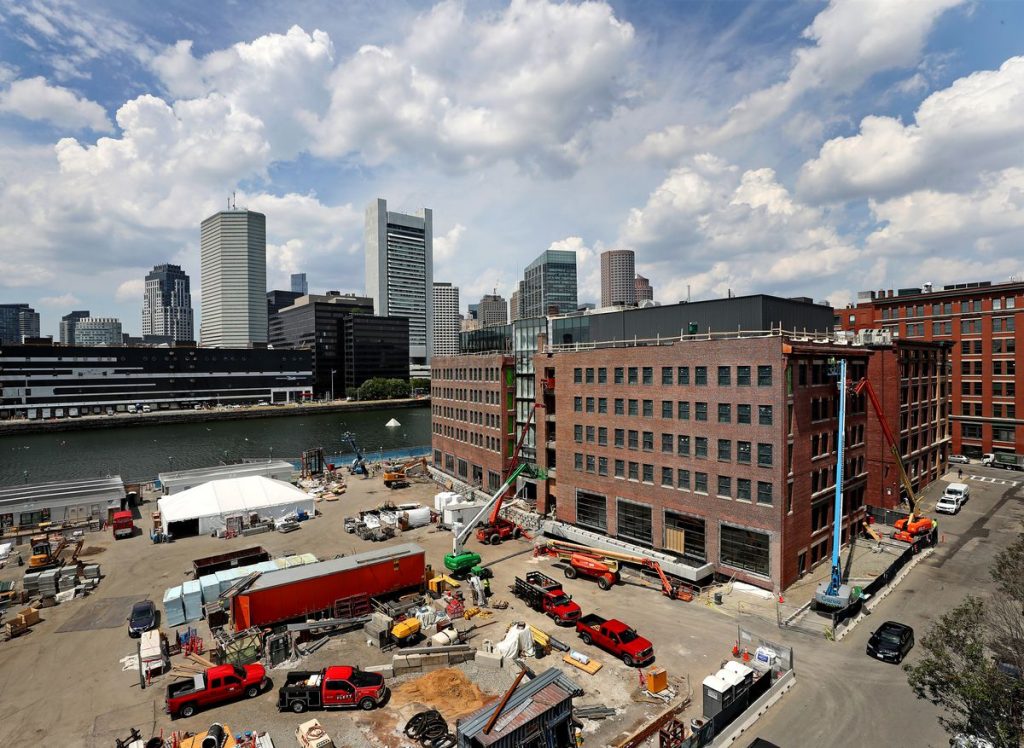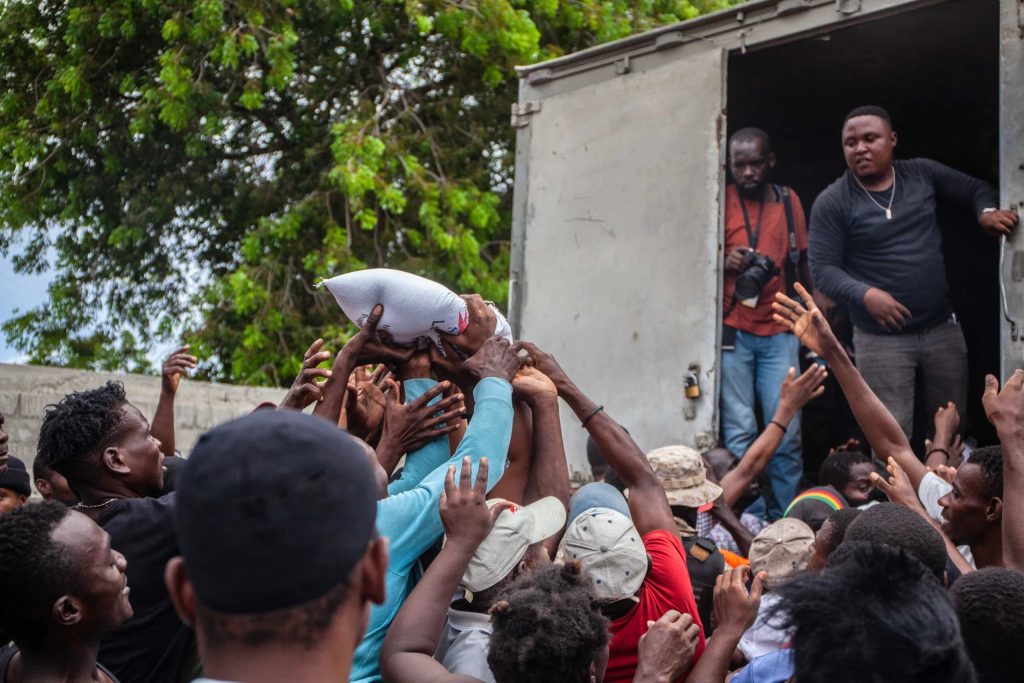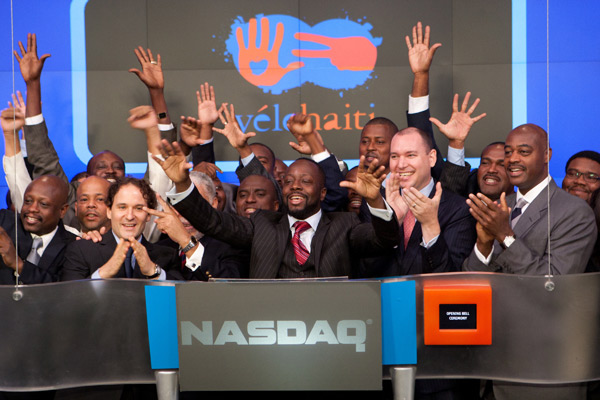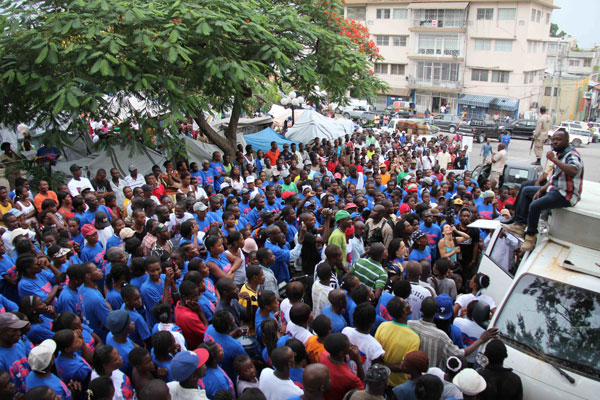April’s edition of Chelsea magazine sees cover star Florent Malouda in charitable mood as he discusses the link between the problems in Haiti, and his homeland French Guiana, a little known corner of France eager to show the world what it has to offer.
‘A lot of people don’t know where French Guiana is and we have this great, mixed culture – that’s our strength as a country,’ explains Malouda. ‘For us, it’s a real controversy because we’re launching satellites and yet, sometimes, we feel a little bit isolated.
‘So I’m trying to develop and show the other attractive things about French Guiana, where the culture is a mix of French, South American and Caribbean influences, as well as other European cultures.’
It is not just on the pitch that Malouda likes to show his versatility, having played at left-back and in central-midfield this season, as off it he has helped launch the One Love Festival in his native land, bringing some of the top names in Caribbean music to French Guiana – including one Wyclef Jean.
‘We organised an event in French Guiana when I launched my foundation in June 2009. For the first event we had international music stars like Wyclef Jean. The aim of that event was to bring up the Guianese culture and mix it with some international artists and give them some exposure.
‘The prices were very low, which meant it was a popular event and the main objective was to bring some media to Guiana and attract people to the country. We wanted to help develop my home country by showing everyone the music and the culture.’
Wyclef has certainly been an inspiration to the Chelsea man, and you may have noticed Flo’s goal celebration in recent months – a nod to the former Fugee’s Yelé Haiti charity, which has been trying to draw attention to the plight of the Haitian people affected by January’s devastating earthquake. Malouda is hoping to visit the region over the to show how football can help in times of hardship.
‘Me going to Haiti to help was a project we were thinking about before the earthquake. Of course, things have changed because of that, but I would say it’s still possible for the Haitian people to think about a positive thing like playing football,’ he tells Chelsea.
‘Even if they have suffered a lot of things, they are still positive. They are singing in the street, trying to carry on their lives, and if we can bring something to help the Haitian Federation to rebuild some structure or anything like that, it will be good. I think, by going out to help train football, you can help people to think about something else than surviving.




